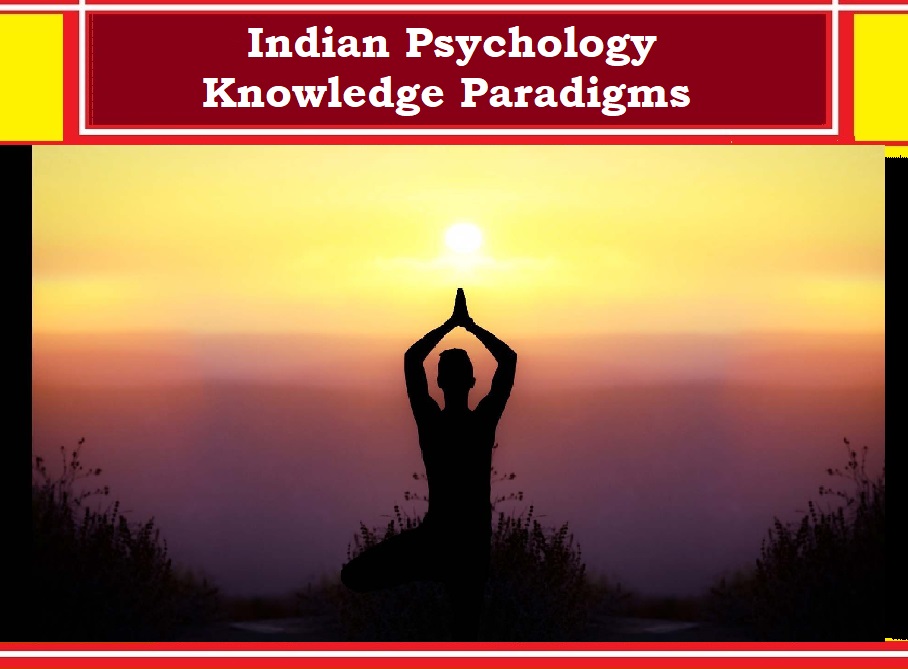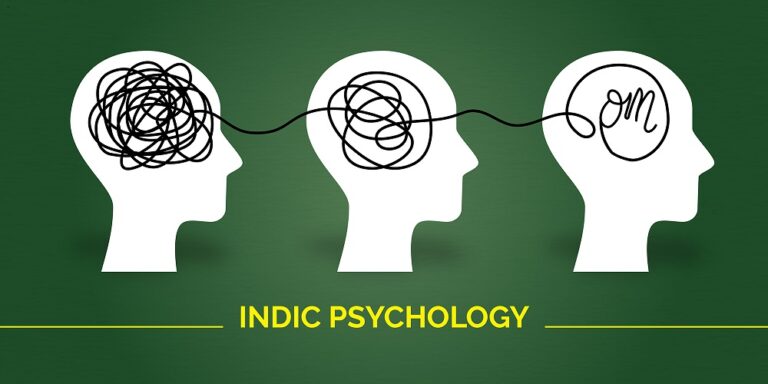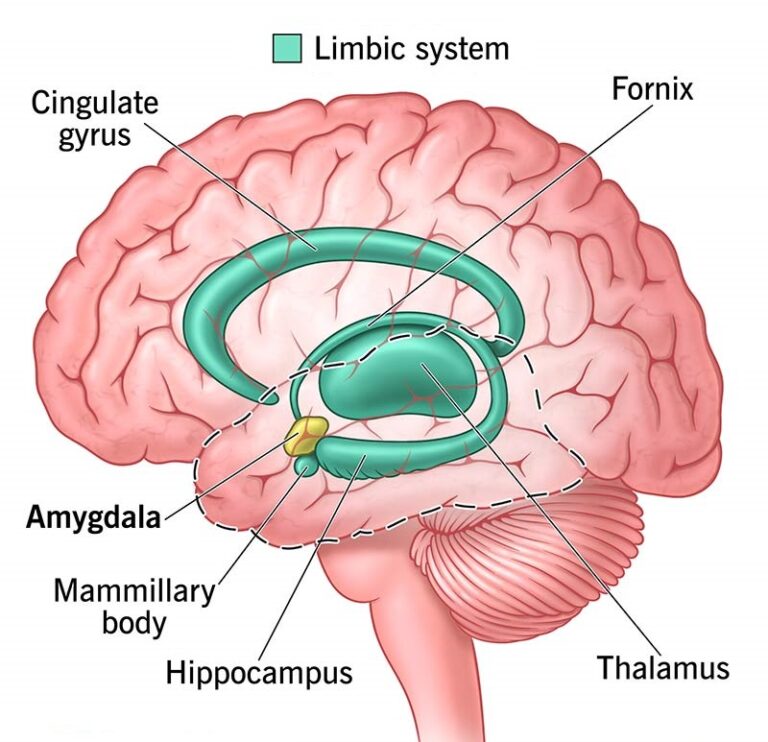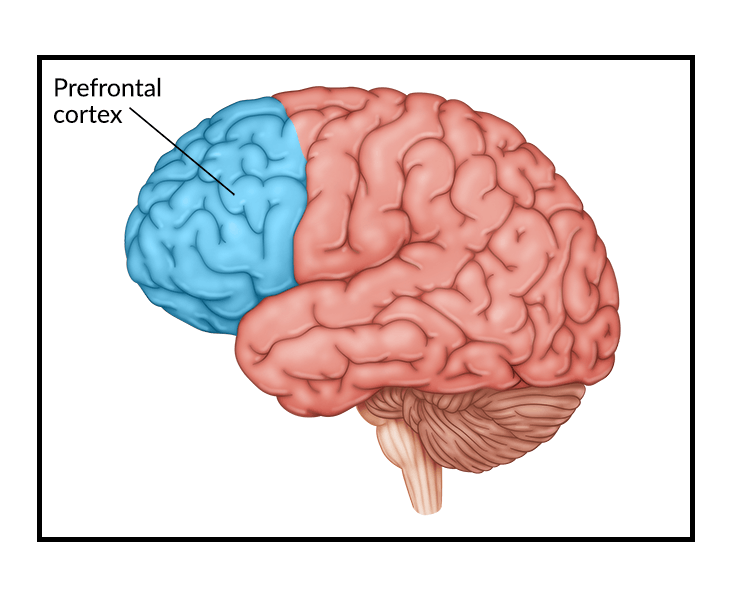
Yoga, Bhagavad Gita, Buddhism, Sufism, and Integral Yoga
India’s rich philosophical and spiritual heritage offers a treasure trove of psychological paradigms that provide unique insights into the nature of human consciousness, behavior, and well-being. These paradigms—Yoga, the Bhagavad Gita, Buddhism, Sufism, and Integral Yoga—are not merely theoretical constructs but living traditions with profound implications for personal growth, mental health, and societal harmony.
1. Yoga: The Science of Inner Transformation
Core Principles
- Ontology: Yoga posits a dualistic reality, distinguishing between the material world (Prakriti) and the consciousness or self (Purusha).
- Epistemology: Knowledge arises through direct experience, particularly in meditative states.
- Methodology: Practices like asana (postures), pranayama (breath control), and dhyana (meditation) aim to achieve self-realization.
Example: Patanjali’s Ashtanga Yoga, outlined in the Yoga Sutras, serves as a systematic path to mental clarity and liberation (Iyengar, 2002).
Research Evidence: Modern studies confirm that regular yoga practice reduces anxiety, depression, and stress. For instance, a randomized controlled trial by Streeter et al. (2010) found that yoga increases gamma-aminobutyric acid (GABA) levels, enhancing emotional regulation.
Critique: While yoga emphasizes individual transformation, its integration into therapeutic settings often neglects its spiritual essence, reducing it to a physical exercise regime.
Table 1: Psychological Benefits of Yoga
| Aspect | Traditional Yoga | Modern Applications |
|---|---|---|
| Focus | Spiritual liberation | Stress and anxiety reduction |
| Methods | Eightfold Path | Asana, mindfulness |
| Outcomes | Self-realization | Enhanced mental health |
2. Bhagavad Gita: A Psychological Guide to Life
Core Principles
- Ontology: The Bhagavad Gita views life as a field of action (Karma) guided by dharma (righteousness) and the pursuit of self-realization.
- Epistemology: Knowledge is experiential, involving reflection, devotion, and disciplined action.
- Methodology: The threefold path—Karma Yoga (action), Bhakti Yoga (devotion), and Jnana Yoga (knowledge)—integrates cognitive, emotional, and behavioral dimensions.
Example: Arjuna’s existential crisis and its resolution by Krishna underscore the psychological relevance of aligning personal goals with universal principles (Prabhupada, 1986).
Research Evidence: A study by Sharma and Singh (2015) highlights the Gita’s impact on reducing workplace stress and enhancing ethical decision-making among professionals.
Critique: Critics argue that the Gita’s teachings, while profound, require contextualization to avoid dogmatic interpretations in diverse modern settings.
Table 2: Bhagavad Gita’s Psychological Framework
| Path | Focus | Psychological Outcome |
| Karma Yoga | Ethical action | Reduced existential anxiety |
| Bhakti Yoga | Emotional surrender | Enhanced emotional resilience |
| Jnana Yoga | Intellectual discernment | Increased self-awareness |
3. Buddhism: The Psychology of Mindfulness
Core Principles
- Ontology: Buddhism rejects a permanent self, focusing on impermanence (Anicca) and interdependence.
- Epistemology: Emphasizes direct experiential knowledge through meditation and mindfulness.
- Methodology: Practices like Vipassana and the Eightfold Path cultivate awareness, ethical conduct, and mental discipline.
Example: The Four Noble Truths and the concept of mindfulness underpin modern therapeutic approaches like Mindfulness-Based Stress Reduction (MBSR).
Research Evidence: Kabat-Zinn’s (1990) pioneering work on mindfulness demonstrates its efficacy in managing chronic pain and reducing psychological distress.
Critique: While mindfulness has gained global acceptance, its secular adaptation often detaches it from its ethical and philosophical roots, limiting its transformative potential.
Table 3: Applications of Buddhist Psychology
| Aspect | Traditional Buddhism | Modern Adaptations |
| Focus | Liberation from suffering | Stress and emotional regulation |
| Methods | Vipassana, Eightfold Path | MBSR, mindfulness interventions |
| Outcomes | Nirvana, inner peace | Reduced anxiety, improved focus |
4. Sufism: The Path of Divine Love
Core Principles
- Ontology: Sufism views reality as an expression of divine unity (Tawhid).
- Epistemology: Knowledge arises through love, intuition, and mystical experience.
- Methodology: Practices include Sufi meditation (Muraqaba), chanting (Zikr), and poetry.
Example: Rumi’s poetic explorations of love and loss offer profound psychological insights into human emotions and the quest for meaning (Schimmel, 1975).
Research Evidence: Studies show that Sufi practices enhance emotional resilience and spiritual well-being. For example, Khan and Watson (2006) found that Sufi meditation reduces depressive symptoms.
Critique: Sufism’s mystical focus may conflict with scientific paradigms, limiting its empirical validation.
Table 4: Psychological Dimensions of Sufism
| Practice | Focus | Psychological Outcome |
| Muraqaba | Divine connection | Increased self-awareness |
| Zikr | Repetition of divine names | Enhanced emotional regulation |
| Poetry | Exploration of emotions | Catharsis, insight |
5. Integral Yoga: A Holistic Vision
Core Principles
- Ontology: Integral Yoga integrates material and spiritual dimensions into a unified whole.
- Epistemology: Emphasizes intuitive and experiential knowledge.
- Methodology: Combines physical practices (asana), mental disciplines (meditation), and spiritual growth.
Example: Sri Aurobindo’s Integral Yoga seeks to transform consciousness at individual and collective levels (Ghose, 1990).
Research Evidence: A study by Telles et al. (2018) demonstrated the efficacy of integral yoga in reducing stress and improving quality of life among urban populations.
Critique: Integral Yoga’s emphasis on spiritual evolution may not align with the pragmatic focus of contemporary psychological practices.
Table 5: Features of Integral Yoga
| Aspect | Focus | Psychological Outcome |
| Physical | Body-mind harmony | Improved physical health |
| Mental | Cognitive clarity | Enhanced emotional stability |
| Spiritual | Higher consciousness | Inner transformation |
Integrating Indian Paradigms into Contemporary Psychology
Challenges
- Cultural Adaptation: Bridging the gap between traditional practices and modern psychological frameworks.
- Empirical Validation: Developing rigorous methodologies to study these paradigms scientifically.
- Ethical Concerns: Ensuring cultural sensitivity in the global adaptation of these practices.
Opportunities
- Holistic Healing: Indian paradigms offer integrative approaches to mental health.
- Cross-Cultural Insights: Enriching psychological theories with diverse perspectives.
- Innovative Therapies: Developing new interventions based on these paradigms.
Table 6: Comparative Analysis of Indian Paradigms
| Paradigm | Focus | Methods | Outcomes |
| Yoga | Self-realization | Meditation, asana | Mental clarity, emotional balance |
| Bhagavad Gita | Ethical living | Karma, Bhakti, Jnana Yoga | Stress reduction, resilience |
| Buddhism | Mindfulness, impermanence | Vipassana, Eightfold Path | Emotional regulation, focus |
| Sufism | Divine love, unity | Zikr, poetry | Inner peace, self-awareness |
| Integral Yoga | Holistic spiritual and mental transformation | Asana, meditation, spiritual practices | Body-mind integration, spiritual growth |
Conclusion
India’s diverse spiritual and philosophical traditions offer a rich array of psychological paradigms that address the human experience from multiple dimensions—physical, emotional, mental, and spiritual. These paradigms provide valuable insights into the nature of consciousness, the interconnectedness of mind-body-spirit, and the transformative potential of self-awareness, ethical living, and holistic development.
Yoga, with its emphasis on self-realization and inner transformation, continues to provide effective tools for managing modern-day stress and enhancing mental health. The Bhagavad Gita offers a psychological framework for navigating life’s challenges through ethical action, devotion, and knowledge. Buddhism’s mindfulness practices are integral to contemporary therapeutic approaches that promote emotional regulation and psychological resilience. Sufism, with its mystical focus on divine love and emotional exploration, provides profound insights into emotional healing and personal growth. Integral Yoga offers a comprehensive, holistic model that unites the material and spiritual dimensions of human existence for total transformation.
While these paradigms offer immense promise for enhancing mental health and well-being, their integration into contemporary psychological practice faces several challenges. Cultural adaptation, empirical validation, and ethical concerns must be addressed to ensure that these practices are applied with sensitivity and efficacy. Furthermore, modern psychology can benefit from incorporating these paradigms into its theoretical and therapeutic models, enriching its understanding of human consciousness and promoting a more integrative approach to mental health.
In conclusion, the Indian paradigms on psychological knowledge offer a valuable alternative to conventional Western approaches. By embracing these paradigms, contemporary psychology can broaden its scope, deepen its understanding of human experience, and create more holistic and effective therapies for the modern world.
References
- Iyengar, B. K. S. (2002). Light on the Yoga Sutras of Patanjali. Yoga Publications Trust.
- Prabhupada, A. C. (1986). Bhagavad Gita As It Is. The Bhaktivedanta Book Trust.
- Kabat-Zinn, J. (1990). Full Catastrophe Living: Using the Wisdom of Your Body and Mind to Face Stress, Pain, and Illness. Delta.
- Schimmel, A. (1975). Mystical Dimensions of Islam. University of North Carolina Press.
- Khan, S. S., & Watson, A. (2006). The Psychological Benefits of Sufi Practices: Evidence from Meditation and Music. Journal of Transpersonal Psychology.
- Ghose, A. (1990). The Integral Yoga of Sri Aurobindo. Sri Aurobindo Ashram Trust.
- Telles, S., et al. (2018). Effectiveness of Integral Yoga on Stress Reduction and Quality of Life. International Journal of Yoga.
#Indian #Psychology #UGC #Net #PHD #JRF #Study







